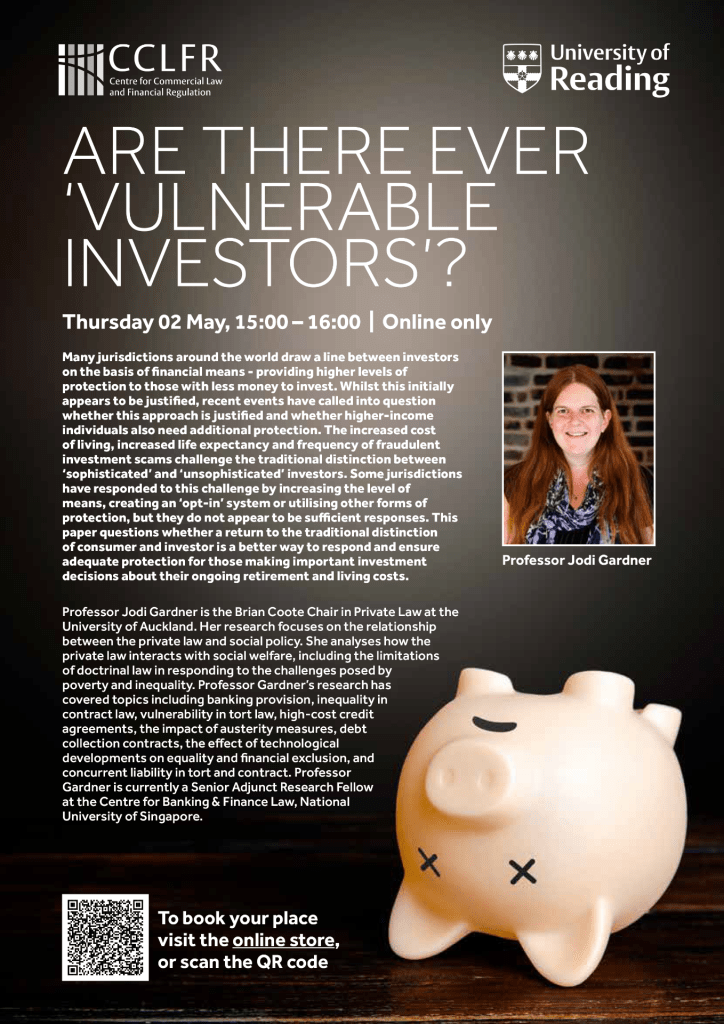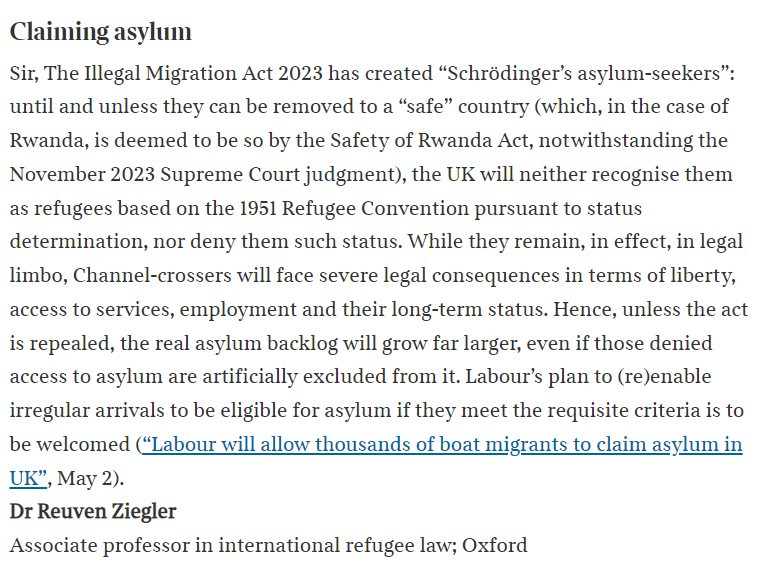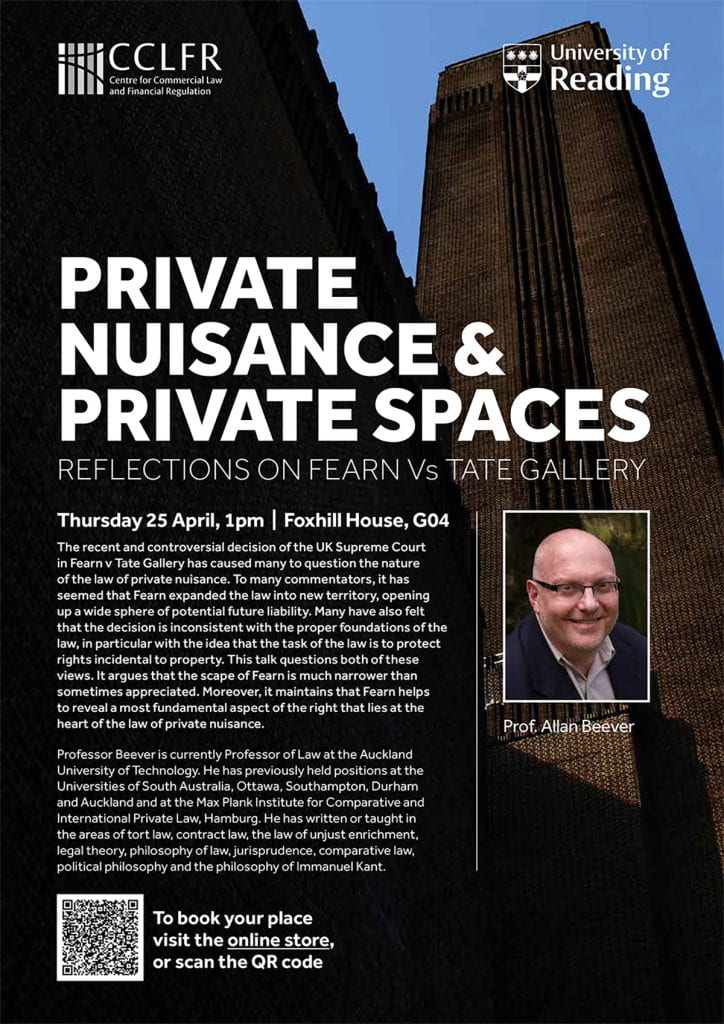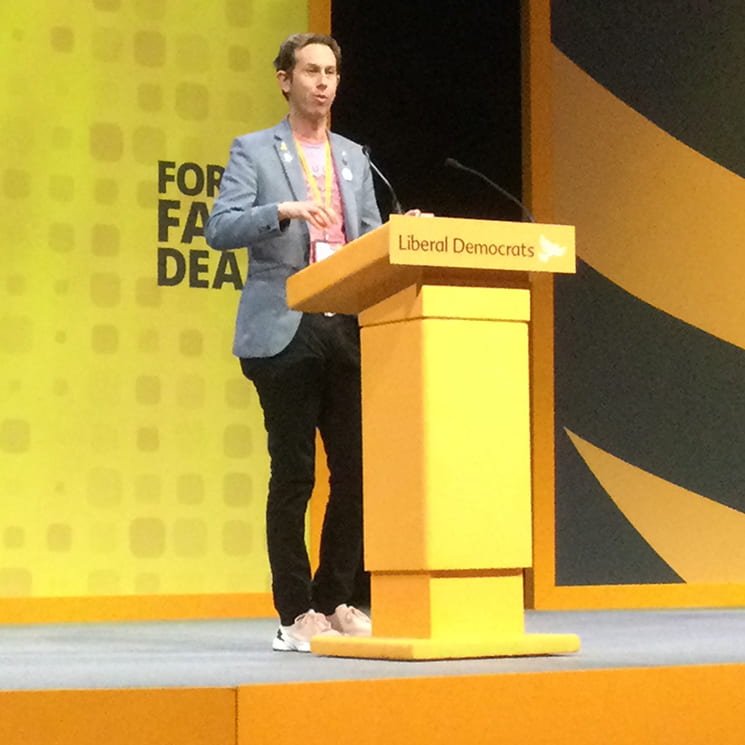Ruvi Ziegler, Associate Professor in International Refugee Law at the University of Reading, says this is a “particularly painful reality” for many.
Ziegler, an Advisory Council member of Liberal Democrats for Seekers of Sanctuary, said, “Millions of EU citizens living in the UK were eligible to vote in the elections, and many, like myself,cast their votes using postal votes, proxy votes, voting in person in embassies/consulates, and/or e-voting.
“In contrast, Italians living abroad would need to travel back to Italy to vote despite being able to vote from abroad for national elections. This has generated justifiable anger.”
He adds, “Worse still, in five EU member states, Ireland, Cyprus, Malta, Denmark, and Bulgaria, national legislation prescribes that most of their citizens residing in a ‘third country’, which the UK now is, are legally disenfranchised.
“These countries tend to follow the pattern they adopt for their national elections. Of the four nations of the UK, this legal reality is particularly challenging for Northern Ireland, given that, pursuant to the Good Friday Agreement anyone born in NI may choose to be Irish, British, or both. Hundreds of thousands of residents of Northern Ireland hold Irish citizenship.
“Prior to the conclusion of the withdrawal agreement, I highlighted the ramifications of this scenario and, in my role as Chair of the charity ‘New Europeans UK’, we recently held at Stormont, the seat of the Northern Ireland Assembly which explored the effects of Brexit on voting rights of EU citizens in EU elections.
“The legal reality in which your eligibility to vote as an EU citizen for the European Parliament is contingent on your member state’s preferences erodes the political equality of EU citizens as individual EU citizens, irrespective of their member state.
“This is a particularly painful reality for those EU citizens who have come to the UK before Brexit, when it was still an EU member state – to coin a phrase, they have not left the EU; rather, the EU has left them.”











